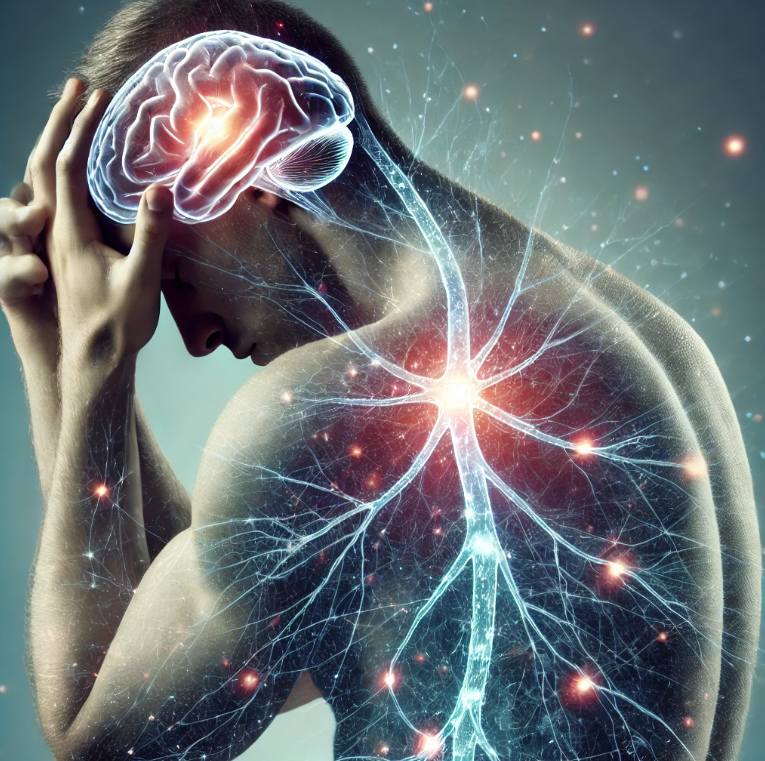The results of a meta-analysis conducted by a French team show that there is an association between a father's or mother's autoimmune disease and the risk of their children developing certain neurodevelopmental disorders (autism spectrum disorder [ASD] and attention-deficit/hyperactivity disorder [ADHD]). This meta-analysis is the first to separately examine the association between paternal or maternal autoimmune disease and the onset of neurodevelopmental disorders in their children.
According to the authors, these associations may occur due to environmental exposures that contribute to autoimmune disorders, such as exposure to pollutants or tobacco smoke, and/or genetic predisposition, including genes related to cytokines or the HLA system.
Research is needed to determine the pathophysiological links between these associations. This study suggests that a common mechanism may exist between both parents, although the maternal route appears to represent additional excess risk.
Why is it important?
Neurodevelopmental disorders are said to arise from a close interaction between a person's genes and the environment. Adverse immune responses may play an important role in triggering such disorders, as shown in relevant epidemiological and animal studies. Autoimmune and autoinflammatory disorders are indeed characterized by activation of the immune system, circulation of autoantibodies, and secretion of cytokines that are harmful to certain tissues.
Some relevant studies suggest an association between autoimmune disorders in the family or in the mother and the onset of neurodevelopmental disorders in their children. However, none of the studies differentiated the influence of each parent to provide data that could be used to assess whether this association is more likely to be direct, and therefore established during pregnancy, or more likely to be genetic or environmental.
Main conclusions
Overall, the meta-analysis included 14 studies that included 845,411 mothers and 601,148 fathers with autoimmune disease and 4,984,965 control mothers and 4,992,854 control fathers. There were 182,927 children with neurodevelopmental disorders and 14,168,474 without such a diagnosis.
Globally, maternal and paternal autoimmune diseases are associated with a diagnosis of ASD in children. They are similarly associated with an increased risk of ADHD in children.
In mothers, type 1 diabetes, psoriasis, and rheumatoid arthritis are associated with the risk of ASD in children. These three conditions also predispose children to the risk of ADHD.
In fathers, type 1 diabetes, considered separately, is associated with the risk of ASD and ADHD in children, while psoriasis is associated with the risk of ADHD in children.








